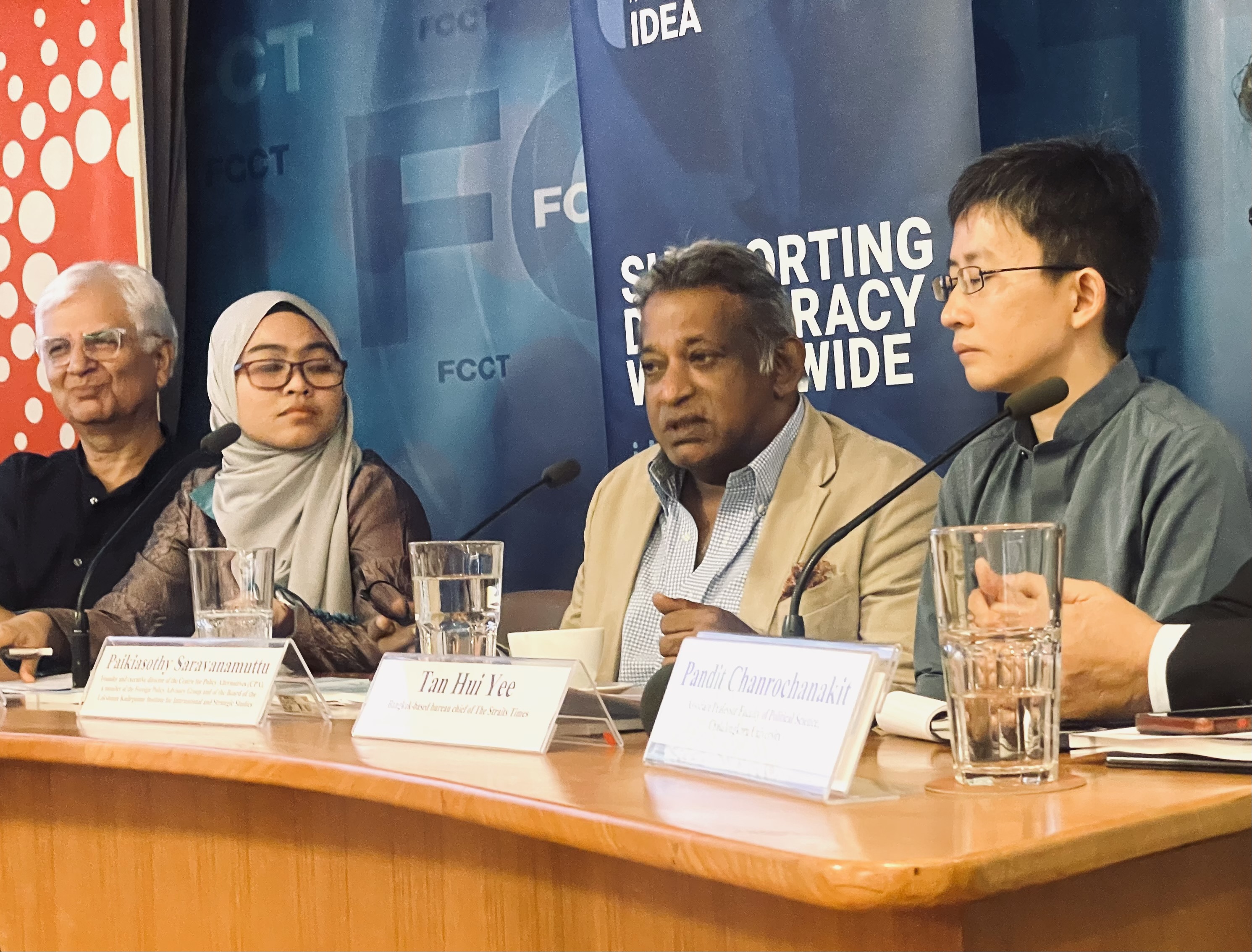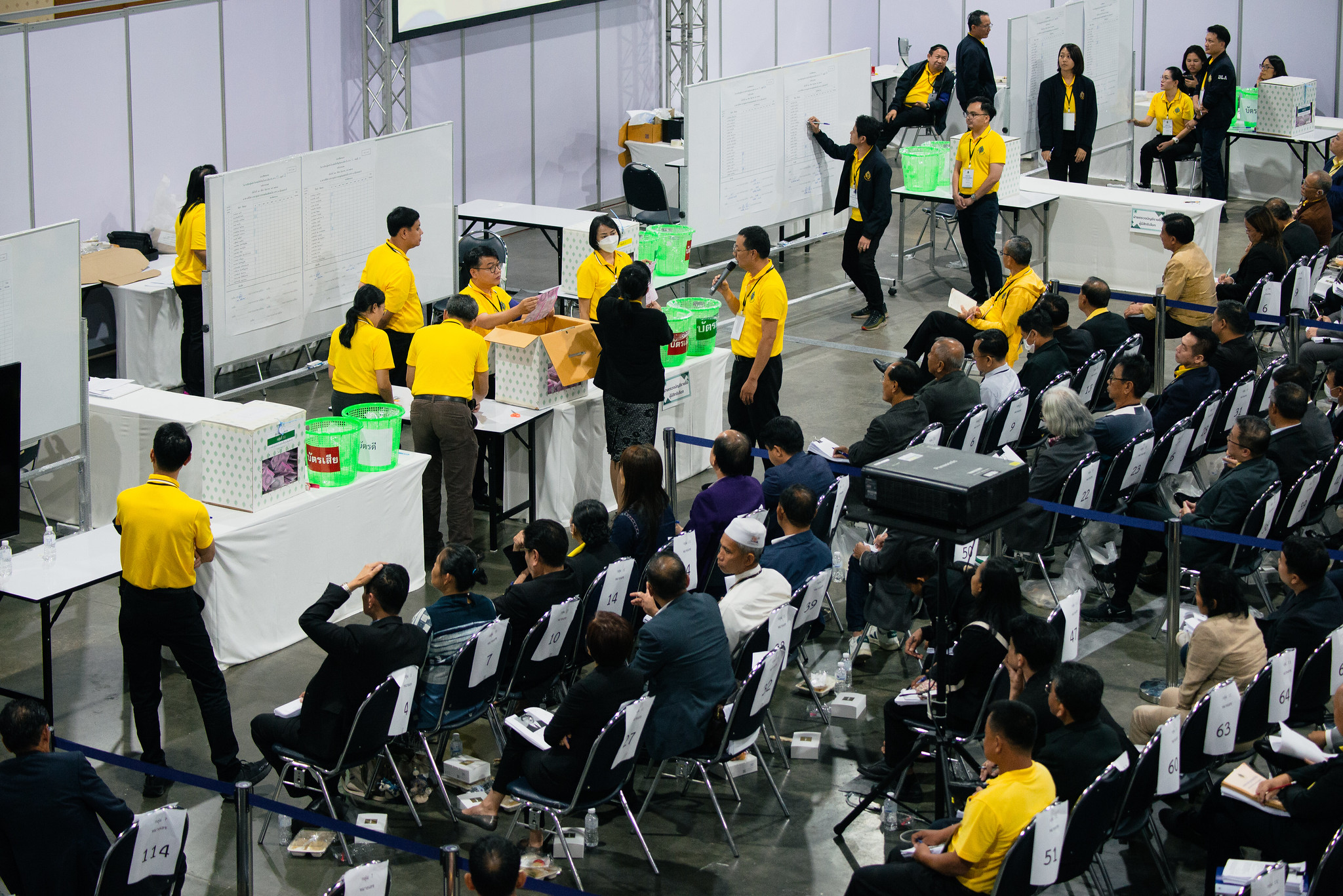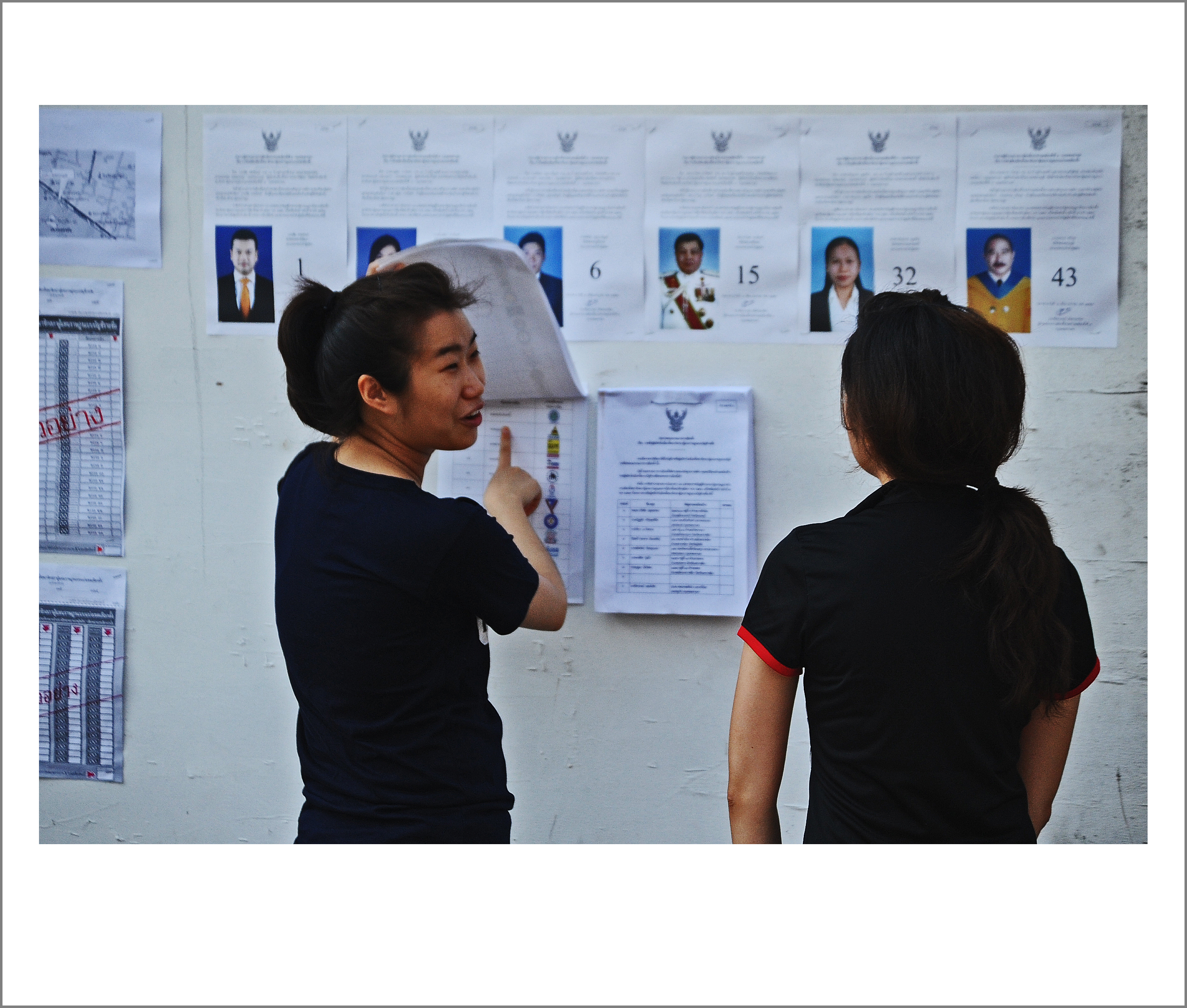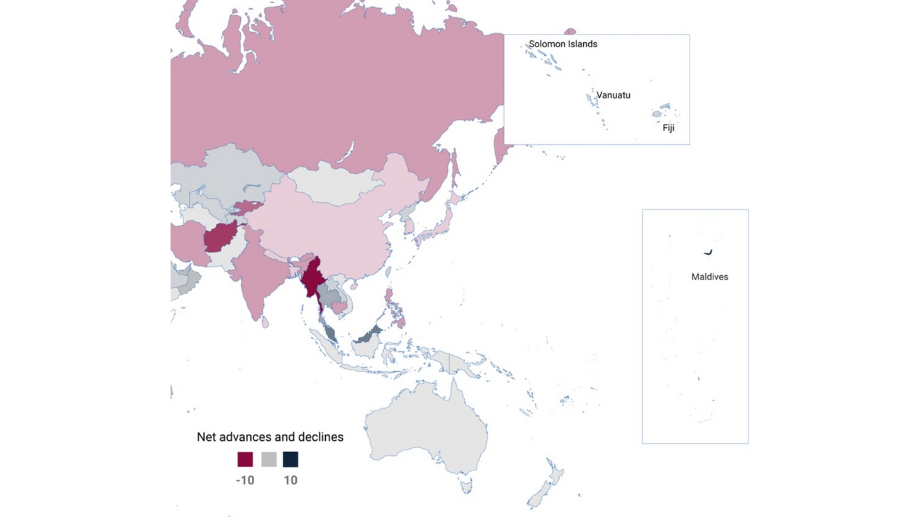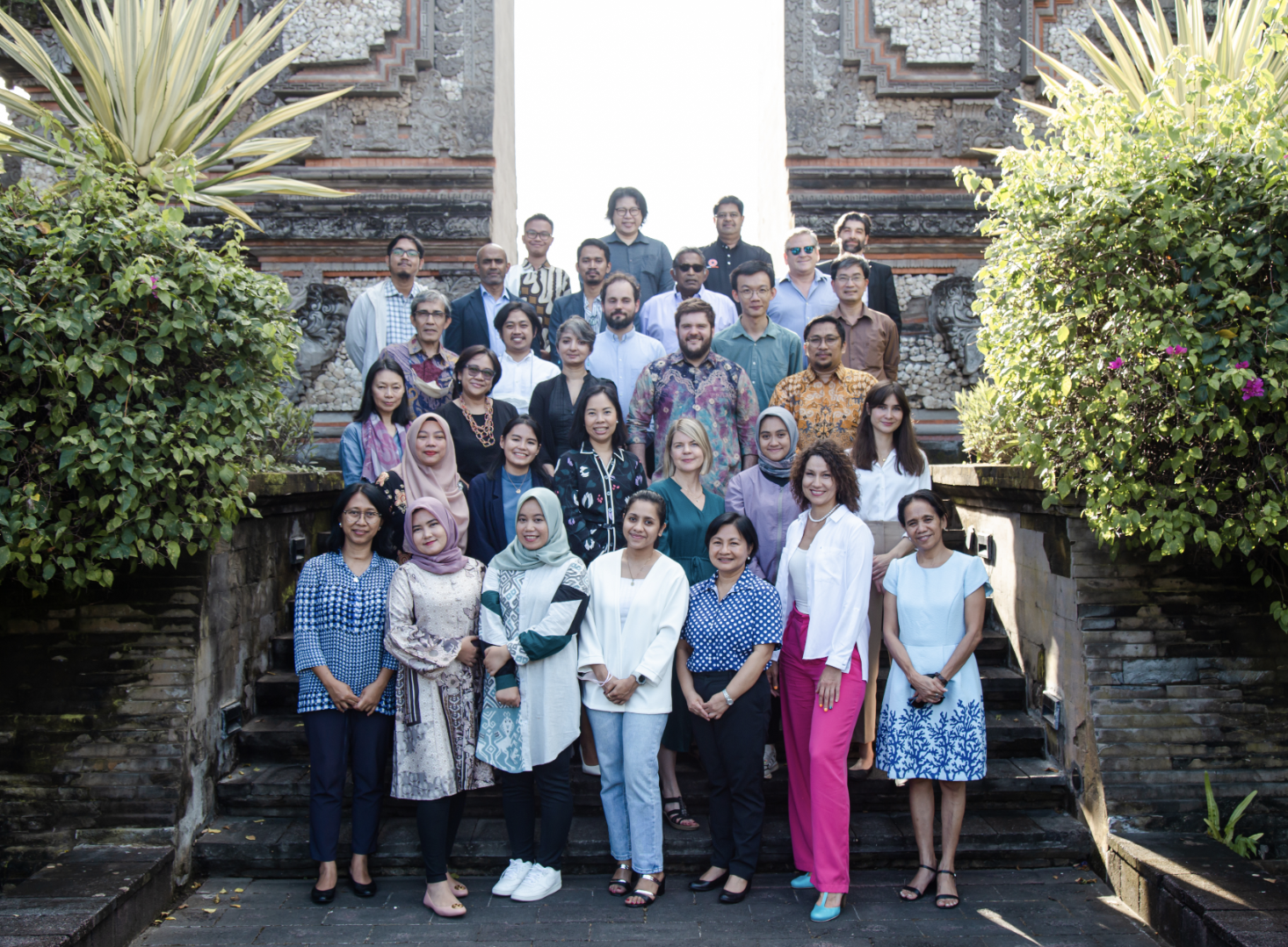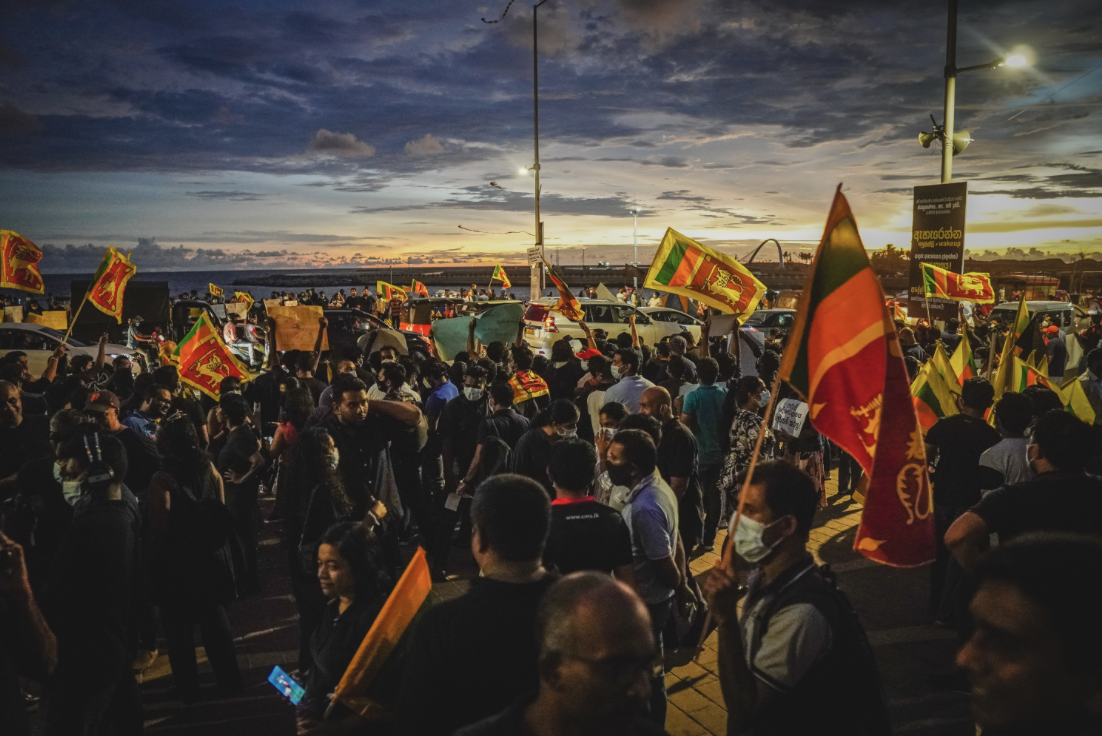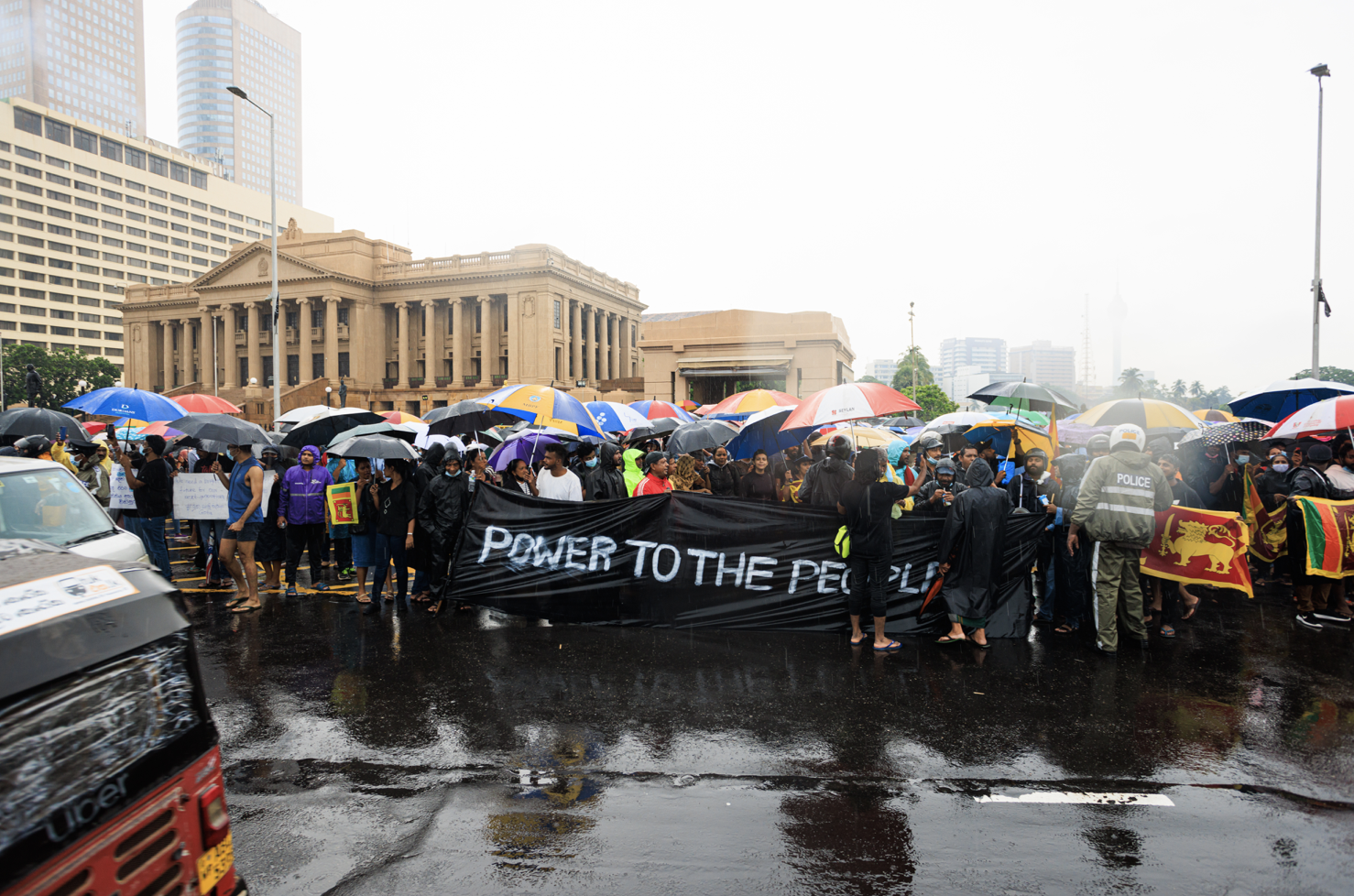Asia and the Pacific
The first six months of 2024 in Asia and the Pacific saw eleven elections, significant developments regarding the rights and protections of LGBTQIA+ people, and a wide range of steps forwards and backwards in the fight against political corruption. Most events recorded in the Democracy Tracker were categorized under Representation and the Rule of Law, with concerns around the bounds of electoral systems characterizing the former and contestation of judicial independence and corruption scandals the latter. In India’s much-watched general election, the opposition INDIA coalition outperformed expectations in the face of what was believed to be an overwhelming advantage of state resources. Going forward, it will be important to see how continuing instability in Afghanistan and Myanmar develops and affects democracy in the broader region, as well as how disparate national understandings of citizenship, migration and the role of the judiciary develop in the face of international social, political and economic forces.
Emerging patterns
Representation
The primary trend in Representation in the first half of 2024 was the contestation of the bounds of the electoral field. Judiciaries and law enforcement bodies in Bangladesh, India, Pakistan, and Thailand restricted the ability of opposition political parties to operate around key national elections. In Thailand, the Constitutional Court foreshadowed its plans to dissolve the main opposition Move Forward Party on grounds it had insulted the monarchy, and in India and Pakistan opposition leaders faced prosecutions that their supporters argued were intended to keep them off the ballot. However, the picture is not uniformly negative – India’s Supreme Court also struck down an electoral financing regime that overwhelmingly favoured the ruling Bhartiya Janat Party (BJP), as well as took steps to ensure a level playing field for opposition leaders during the Lok Sabha elections.
What is relevant for regional democracy is the extent to which efforts to change the rules of the game, limit the ability of the opposition to organize, and weaponize administrative practices like party registration are normalized or rejected internationally and domestically.
Elections
In the first half of the 2024 election Supercycle year, 10 national elections were held across Asia and the Pacific. These included four parliamentary elections and six general elections. Additionally, Cambodia and Thailand held indirect senate elections. The average voter turnout across the ten elections was 66.73 per cent. In the countries that held parliamentary and general elections, average female representation in parliament declined from 16.31 to 15.66 per cent. In Bangladesh, Sheikh Hasina secured her fourth consecutive term as prime minister in an election widely boycotted by the opposition – only to be removed following massive student-led protests in August 2024. Only in Bhutan did elections result in real incumbent turnover. In Taiwan, the Democratic Progressive Party retained the presidency, but the opposition Kuomintang gained a majority in the Legislative Yuan.
Rights
There were a significantly higher number of events concerning Rights in Asia and the Pacific in the first half of 2024 than events in other categories. Modest progress in gender rights and equality was observed in Kazakhstan, where domestic violence was criminalized, and Japan, where a court approved a gender change without surgery for the first time. In June, Thailand became the first country in Southeast Asia to legalize same-sex marriage. These advances come on the heels of similar steps forward across the region in 2023.
But Rights elsewhere are generally being further restricted: in India and Malaysia governments followed a trend seen elsewhere of restricting or otherwise complicating the road to citizenship. Countries as varied as Australia, Pakistan, New Zealand, Kyrgyzstan and Sri Lanka saw reductions in Freedom of Expression and the Press. Notably, the drivers of these declines differ: New Zealand’s media crisis comes from a lack of sustainable funding models in the country, while Kyrgyzstan’s is a top-down attack on critical journalism that is part of a broader effort to weaken the country’s press and civil society. This last trend speaks to the overlapping crises – financial, political, and cultural – that continue to threaten freedom of expression, and civil liberties more broadly, across the region. It is important not to overstate the advances in LGBTQIA+ and women’s rights in Asia and the Pacific: legal advances do not automatically translate into everyday practice, public values and attitudes can lag behind national legislation and case law, and even genuine advances can provoke reactionary political backlash.
Rule of Law
Trends in the Rule of Law were mixed in the region. Southeast Asia saw the highest number of events coded under this category, with key developments impacting Judicial Independence and Absence of Corruption. Controversial court rulings in Indonesia and Malaysia seen as undermining judicial independence and skewing future election playing fields are of considerable note. Non-democratic countries in the region have attacked corruption – both real and imagined – in order to preserve regime stability. Vietnam was perhaps the most well-known case, but even the ostensibly graft-free Singapore charged a minister with corruption charges and began sentencing in the largest corruption trial in the nation’s history.
Also visible are instances of official impunity in response to perceived security challenges. Sri Lankan authorities received international criticism for an anti-drug operation that caught up tens of thousands in a network of ill-treatment, alleged torture and arbitrary arrest. Although of a completely different scope and kind, the issue afflicted even high-performing democracies like Australia, where a long-running trial of a whistleblower ended in a conviction before any of the war crimes he exposed had so much as been brought to trial. However, the case continues to garner significant legal expert debate and public attention and may be far from fully settled.
Participation
Only a handful of events were coded under Participation and its factors in the first six months of 2024. One involved increased voter turnout in the 2024 Solomon Islands general election, and the remainder involved restrictions on civil society that were also coded under Rights and discussed above. Revisiting this measure at the end of the year will be key given the significant number of elections in the region scheduled for the latter half of 2024.
Important issues to watch will be how questions of citizenship, refugee protections, and migration are handled across the region. This issue has mainly been in the background in the first half of 2024 in the region, but geopolitical issues like the further deterioration of the security situation and continued persecution of the Rohingya community in Myanmar or environmental disasters like Pakistan’s disastrous 2022 floods could lead to renewed migratory pressures and accompany challenges to maintaining adherence to the Rule of Law and protection of Rights.
Additionally, legislative reforms that could undermine the independence of key institutions like election commissions and judiciaries that may constitute legislative overreach require close monitoring for their impacts on Representation and the Rule of Law. How Bangladesh progresses post-Sheikh Hasina and how the country progresses towards democratic rule will be key to watch.
Observers should also watch whether the trend of increased protections for women’s and LGBTQIA+ rights continues. While individual steps forward have been far from monumental, together Asia and the Pacific stands in contrast to much of the rest of the world, and even non-democratic regimes like Kazakhstan have seen notable progress. Will there be a patriarchal backlash, and if so, have activists and advocates built strong enough support among elites and the general public to defend against it?
Guest Blog
Spotlight on South-East Asia: the Abuse of State Resources in Elections
READ MOREFactors of Democratic Performance
Scores represent regional averages in 2024.
*Data represents an average of the entire region
Number of events reported
See the most frequently impacted categories of democratic performance over the last six months
Most impacted factors of democracy
| Civil Liberties |
|
18x |
| Judicial Independence |
|
12x |
| Political Equality |
|
12x |
Critical Events
- Kazakhstan - June 2024 | New media law worries journalists, advocates
- Taiwan - May 2024 | Controversial parliamentary reforms passed amid protests
- New Zealand - April 2024 | Media crisis deepens
- Malaysia - March 2024 | Proposed citizenship amendments provoke furore
- India - February 2024 | Supreme Court strikes down controversial Electoral Bonds Scheme
- Sri Lanka - January 2024 | Parliament approves controversial Online Safety Bill
Specially Tagged Events
Democracy Notes
Archive
See past regional pages or use the archive to design a customized search to find exactly what you are looking for.

